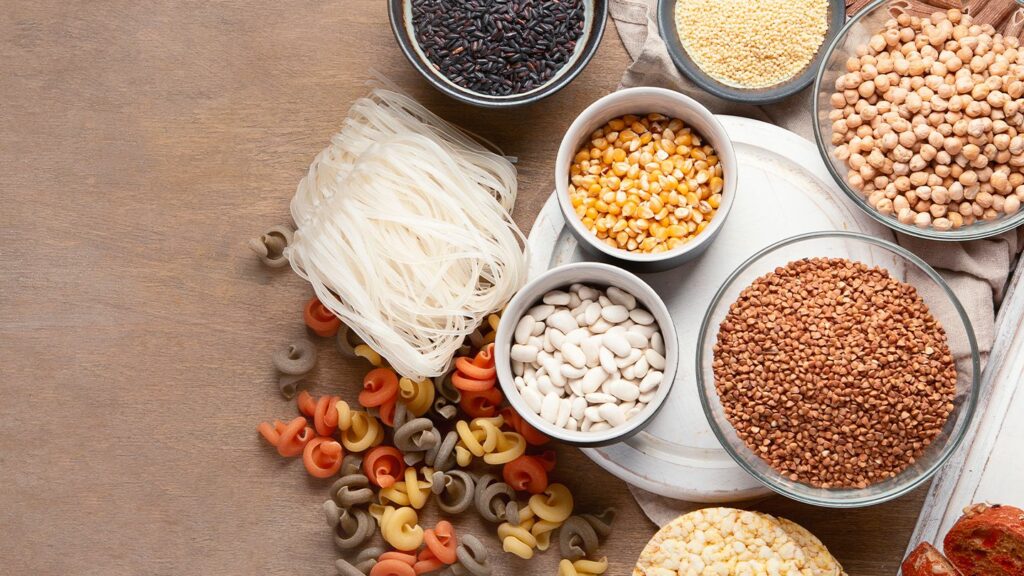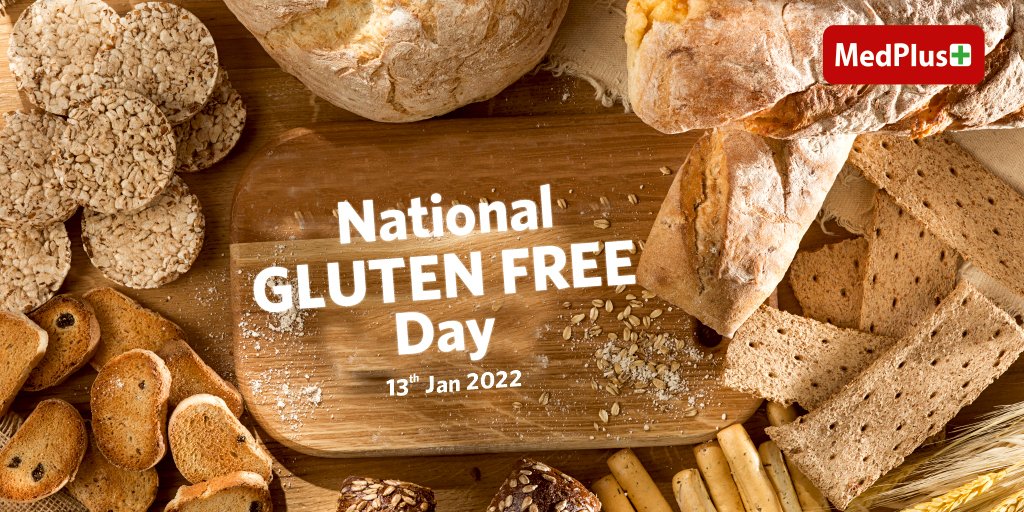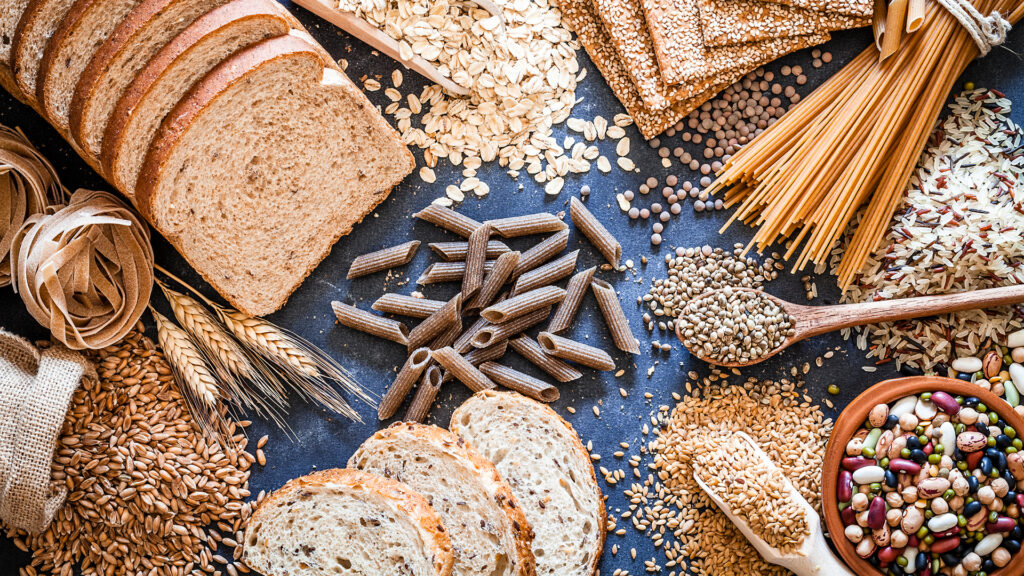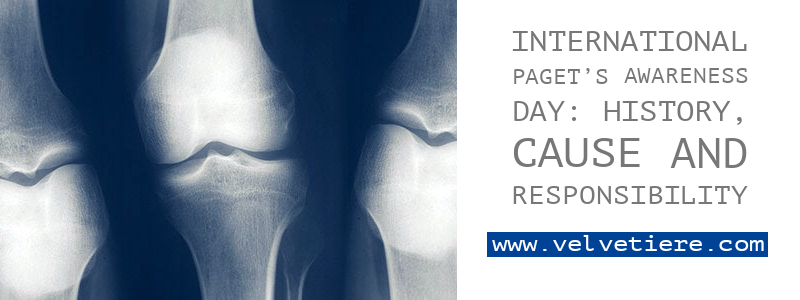One of us is a detective; I didn’t know it! The binding agent in many of the meals and drinks you consume on a regular basis comes from a sneaky protein that lurks in your kitchen. While 2.5 million Americans struggle with it, many of us take it for granted and are unaware of its existence.
Do you think you know what it is? Wheat, rye, and barley all contain a protein called gluten, which causes severe digestive problems for some people. Together with our gluten-free friends, we celebrate National Gluten-Free Day on January 13.
Gluten-free diets can be difficult to maintain because they affect so many aspects of daily life and are often necessary for those with food allergies or celiac disease. Honor those who have to adhere to a restricted diet by celebrating National Gluten-Free Day!
The Origins Of This Consciousness

Gluten is a protein found in grains like wheat, barley, rye, and triticale. It is a chemical that many people have trouble breaking down. This can cause allergies in some people and health problems that could be life-threatening in others.
Celiac disease is a big problem because it is an autoimmune disease that makes it hard for the body to get nutrients from gluten.
Cassy Joy Garcia, founder of Fed + Fit, proposed the idea of a National Gluten-Free Day in an effort to promote a healthier lifestyle by avoiding gluten. On the second Monday of every January since its inception in 2014, the nation has celebrated the New Year.
In honour of those who suffer from celiac disease or gluten intolerance, the first National Gluten Free Day was celebrated in 2010 with the simple goal of raising awareness about the challenges of following a gluten-free diet.
Exactly What Is Celiac Disease?

Gluten is the triggering factor in Celiac disease, an autoimmune disorder. About 1% of people are affected by this disease all over the world. Endoscopic evaluation and biopsy confirmation are used to diagnose Celiac disease, and subsequent follow-ups are necessary to track the disease’s course over time.
Also read: Is Niecy Nash Gay? Niecy Nash Breaks Silence Over Her Sexuality
If you or a family member has celiac disease genetic markers, it is critical to conduct a genetic screening of your immediate family.
Undiagnosed iron deficiency anaemia, exhaustion, problems reproducing (particularly in women), neurological symptoms, and dermatitis herpetiformis are all signs of celiac disease (a skin rash that itches). The symptoms can be reduced by following a gluten-free diet.
Also read: Where is Kai Lawrence Now; What Happen With Him?
Planning A Gluten-Free Feast For The Big Day

- Examining the causes of the gluten-free diet’s meteoric rise as a fad diet (one that is fashionable but ultimately ineffective).
- Advising those who are experiencing gastrointestinal (GI) issues that haven’t been identified to contact a gastroenterologist.
- We have compiled data from reputable sources on the effects of high-fiber, low-FODMAP (poorly absorbed carbs), and low-fat diets.
- Promoting celiac disease testing in asymptotic people with a genetic susceptibility to confirm the diagnosis and prevent disease is critical.
- People who start gluten-free diets without a correct diagnosis should be cautious. The high price of gluten-free meals is just one of many dangers, along with a sluggish medical system, a failure to screen close relatives for celiac disease, and inadequate follow-up care.
- To what extent must I avoid gluten-containing foods?
- Consume them if you have a craving for a carbohydrate-rich food with a consistency similar to that of spaghetti. Yet not all gluten-free options are more nutritious. They often have a higher carbohydrate, sugar, and fat content and a lower dietary fibre content. The rule of thumb is to eat as many whole, natural foods as possible.
- Things to look for to avoid gluten when supermarket shopping: The list of ingredients is something you should pay close attention to. Avoiding all wheat, rye, barley, and triticale-containing items
In addition, there are many delicious gluten-free recipes available. In any case, when perusing them, be sure to check the nutrition facts and ingredient lists to ascertain whether or not they are healthy choices.
Conclusion
National Gluten-Free Day is for anyone who wants to learn more about gluten-free diets and how to celebrate with and support gluten-free friends. It is not just for people with medical restrictions.








